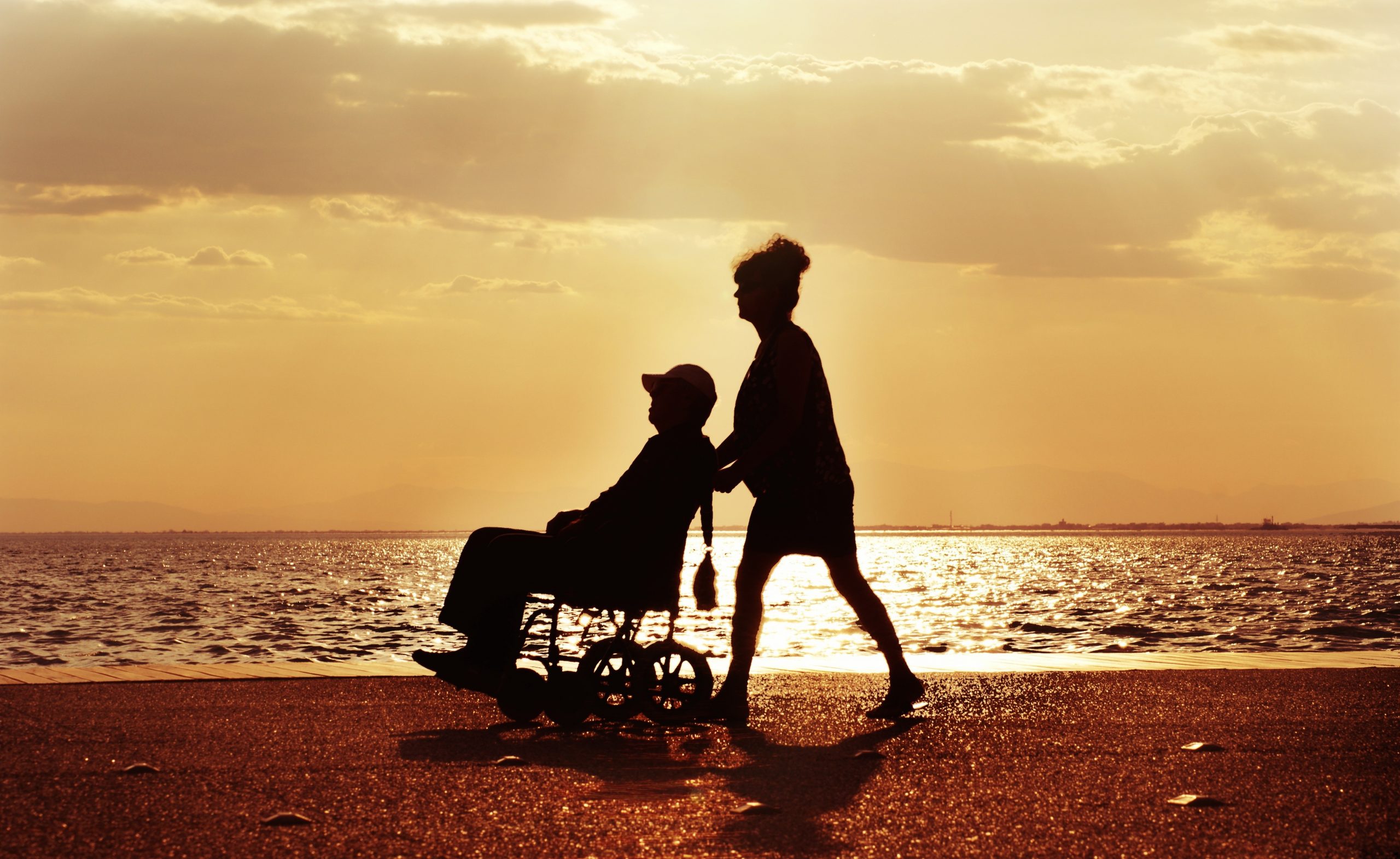
California lawmakers on Thursday passed a 2024-25 budget that rejected Gov. Gavin Newsoms proposal to cut in-home supportive services for low-income older, blind, and disabled immigrants lacking legal residency. However, the Democratic governor has not said whether hell use his line-item veto authority to help close the states $45 billion deficit.
The legislature, controlled by Democrats, passed a $211 billion general fund spending plan for the fiscal year starting July 1 by drawing more from the states rainy-day fund and reducing corporate tax deductions to prevent cuts to health and social services.
“Our legislative budget plan achieves those goals with targeted, carefully calibrated investments in safety-net programs that protect our most vulnerable,” said Assembly member Jesse Gabriel, chair of the Assemblys budget committee, following voting in Sacramento.
Newsom and lawmakers are expected to continue talks.
What was approved today represents a two-house agreement between the Senate and the Assembly not an agreement with the governor, said state Department of Finance spokesperson H.D. Palmer. Weve made good progress, but theres still more work to do.” Email Sign-Up
Subscribe to KFF Health News' free Weekly Edition. Your Email Address Sign Up
Newsom had proposed eliminating the new in-home benefit for qualified immigrants to save nearly $95 million in the next fiscal year, with no plans to bring it back. Lawmakers not only rejected Newsoms cut to the in-home services program; they also refused the governors proposal to slash $300 million a year from public health agencies. However, they accepted delaying food assistance to low-income older immigrants without legal residency.
The In-Home Supportive Services program helps low-income older, blind, and disabled individuals receive care in their homes, which helps keep them out of more costly nursing and residential facilities. The program works by paying $16 to $21 an hour to caregivers, many of them family members.
Advocates applauded lawmakers for rejecting the cut. They had urged the governor to adopt the legislatures budget, arguing the state could end up paying more in the long run as Medi-Cal recipients tap nursing services. The state has estimated the annual per-person cost of nursing homes is $124,189, compared with the roughly $28,000 average cost for people without legal residency in the in-home services program. Are you covered by Medi-Cal?
We want to hear about your experiences and, with your permission, may incorporate your story into our coverage. Please tell us what it has been like for you as you have sought and received care, including the good and the bad, the obstacles and the successes.Share Your Story
These individuals would need to essentially go into costly hospital or nursing care, said Ronald Coleman Baeza, managing policy director at the California Pan-Ethnic Health Network. Its not only cruel for undocumented immigrants, but it doesnt make sense as a fiscal decision either.
The governor has said hes trying to maintain fiscal discipline while preserving Medi-Cal benefits for immigrants. California was the first state to expand Medicaid eligibility to all qualified immigrants regardless of legal status, phasing it in over several years: children in 2016, adults ages 19-26 in 2020, people 50 and older in 2022, and all remaining adults this year.
Its a core of I think who we are as a state, and we should be as a nation, Newsom said in May.
As part of the Medi-Cal expansion, the state authorized nearly 3,000 older, blind, and disabled immigrants without legal residency to access paramedical services and daily care, including meal preparation, bathing, feeding, and transportation to medical appointments. Advocates estimate 17,000 immigrants qualify.
Fixing Californias deficit means making tough choices, so the Assembly came to these negotiations focused on preserving programs that matter most to Californians, said Assembly Speaker Robert Rivas, a Central Coast Democrat, in an earlier statement.
Lawmakers did agree to Newsoms proposal to delay around $165 a month in food assistance to low-income immigrants without legal residency ages 55 and older. Lawmakers had approved the benefit two years ago, but the governor proposed delaying it by two fiscal years to 2027.
This article was produced by KFF Health News, which publishes California Healthline, an editorially independent service of the California Health Care Foundation.
Vanessa G. Snchez: vsanchez@kff.org Related Topics Aging California Medi-Cal Medicaid States Disabilities Immigrants Legislation Contact Us Submit a Story Tip
